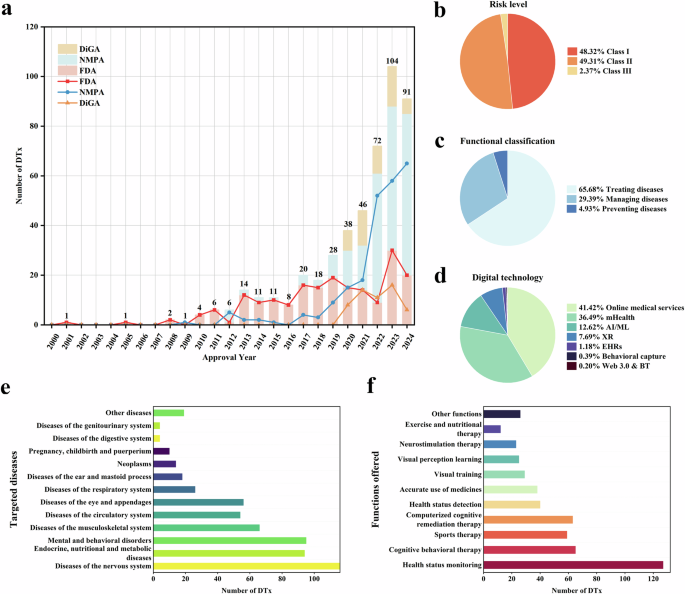Digital Health Apps Linked to Significant Lifestyle Improvements

Research involving over 200,000 participants shows that digital tools can help users take more steps, eat better and sleep more soundly, offering new opportunities for fitness professionals
A comprehensive new study synthesizing data from over 206,000 participants across 47 different studies has highlighted the potential of digital health tools to significantly enhance various aspects of health and wellbeing. The findings are particularly relevant for fitness professionals, who can leverage these tools to support clients in achieving their health goals more effectively.
The study, led by Dr. Ben Singh from the University of South Australia, examined the impact of electronic and mobile health interventions, such as mobile apps, websites, and text messaging, on physical activity, diet, and sleep. The results were compelling, demonstrating that these digital tools can lead to measurable improvements in several key health behaviors:
- An increase of 1,329 steps per day
- An additional 55 minutes of moderate-to-vigorous exercise per week
- 45 minutes more overall physical activity per week
- A reduction of 7 hours of sedentary behavior per week
- A decrease of 103 calories consumed per day
- A 20% increase in daily fruit and vegetable consumption
- A reduction of 5.5 grams of saturated fat consumed per day
- A weight loss of 1.9 kilograms over 12 weeks
- Improved sleep quality and less severe insomnia
These findings are particularly significant in light of the growing global burden of chronic diseases. According to the World Health Organization, one in eight people worldwide now live with obesity, 422 million have diabetes, and cardiovascular disease remains the leading cause of death globally.
The study suggests that digital health tools could play a crucial role in addressing these challenges by promoting healthier behaviors.
“With the rise of preventable chronic diseases like obesity, cardiovascular disease, and type 2 diabetes, finding mechanisms that can help reduce people’s risk is important,” says Singh. “Our study found that digital and mobile health interventions can have a positive effect on people’s health and wellbeing, not only helping them to increase their physical activity and reduce sedentary behavior, but also improving their diet and quality of sleep.”
For fitness and wellness professionals, these results underscore the value of integrating digital health tools into their client support strategies. By utilizing apps and other digital platforms, trainers can offer personalized, timely interventions that help clients stay active, improve their diet, and enhance their overall quality of life.
The research also highlights the scalability of digital health interventions, making them accessible to diverse populations and effective across various age groups and health behaviors. This scalability could be particularly beneficial in public health campaigns aimed at reducing the incidence of chronic diseases.
While the study’s findings are promising, Singh emphasizes the need for further research to better understand the specific impacts of these interventions on different demographic groups. Nevertheless, the evidence suggests that digital health tools offer a valuable means of promoting healthier lifestyles, making them an important consideration for fitness professionals looking to enhance their service offerings and support their clients in achieving long-term health goals.
link








